Last Updated on July 31, 2025
After nearly two weeks in Leon, Nicaragua, we finally decided to undertake the curious sport of Volcano Boarding (more on that below), one of the most popular tourist activities in town,which involves hiking up a volcano and then boarding down. We did this twice in a row in sweltering heat, and we returned to our hotel covered in black lava dust from head to toe, with rocks in every crevice including our teeth. We could hardly wait for a cold shower at the Colibri Hostel (which has, sadly, closed since our visit), but then the manager explained that the water had been cut, and no one knew how long it would last.
By this time, we had become used to rolling with the punches in Leon, so we accepted our dirty fate dealt out by a city which quickly became our favorite place in Nicaragua. Don’t take this to mean that Leon is some sort of paradise. On the contrary, the city is far from perfect.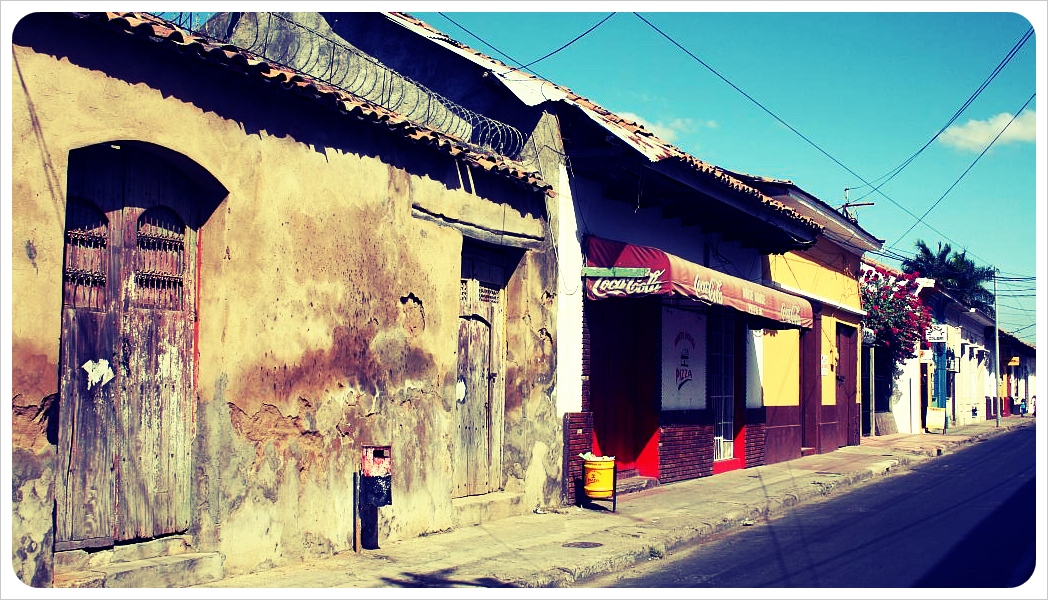 For starters, Leon is hot, temperatures waver between 90-95F during the summer months. To make matters worse, the city, like much of Nicaragua, is subject to frequent power and water cuts. The government calls it ‘rationing’ but gives no advance warning, and the cuts tend to strike at very inconvenient times.
For starters, Leon is hot, temperatures waver between 90-95F during the summer months. To make matters worse, the city, like much of Nicaragua, is subject to frequent power and water cuts. The government calls it ‘rationing’ but gives no advance warning, and the cuts tend to strike at very inconvenient times.
This particular cut lasted 24 hours and required us to walk around completely crusty, sweaty and stinky, stewing in our lava-encrusted filth, even during breakfast the next morning at our favorite morning spot, El Desayunzo, which was open for business despite having no water. The people of Leon don’t let much get them down, certainly not a few hours without water. Female guests at the restaurant had their hair pulled back into greasy ponytails similar to ours and we all got on with the day.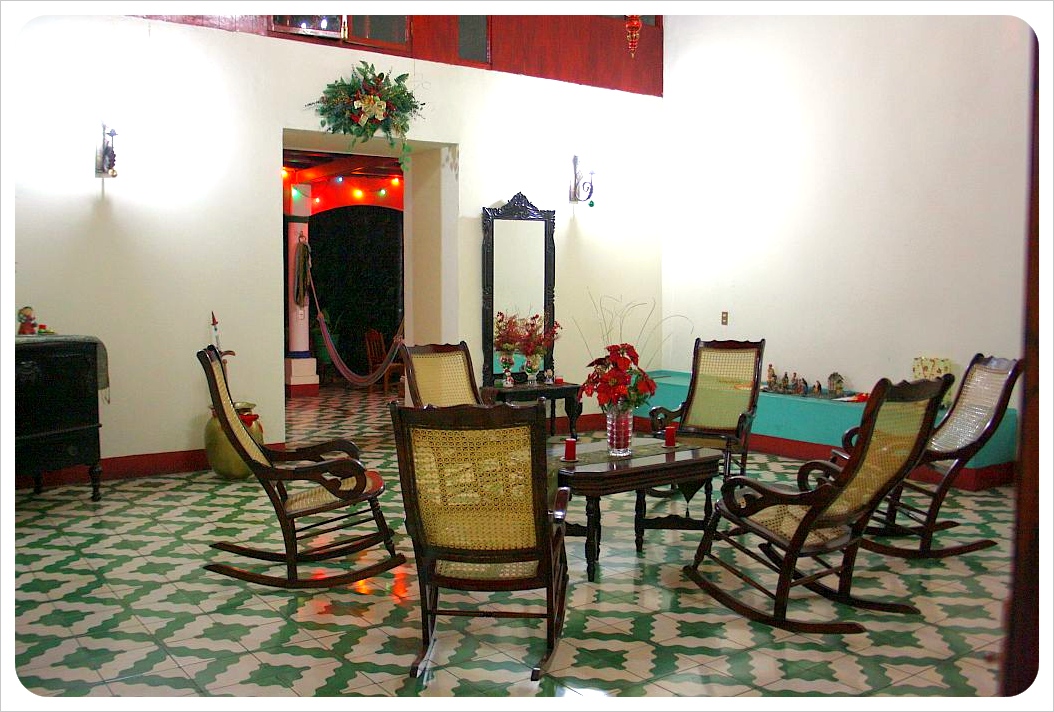 From the table at the restaurant, we would often watch the traffic go by – the modern roar of motorcycles and screeching brakes of the buses somehow mix musically with the galloping of the frequent horse-carts passing by.
From the table at the restaurant, we would often watch the traffic go by – the modern roar of motorcycles and screeching brakes of the buses somehow mix musically with the galloping of the frequent horse-carts passing by.
Leon has this feeling of being stuck in a time warp. Families rock away the early evening in their rocking chairs, young couples cuddle up out on front stoops, and boys play basketball under the large-scale murals depicting the Sandinista revolution and its leaders. It was at a travel agency here in Leon that we were issued handwritten plane tickets to the Corn Islands, as though it was the mid-seventies and there might be a smoking section on the plane.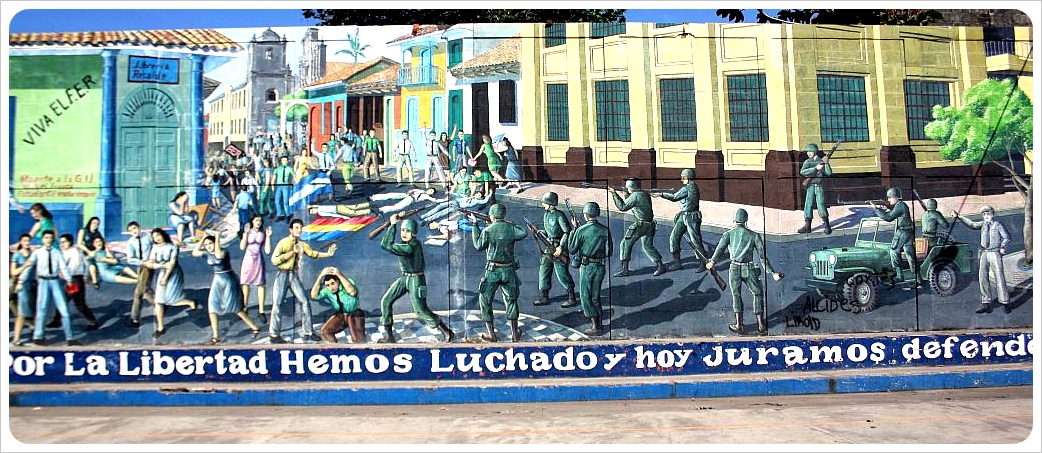
With its large student population, Leon is equally a fairly modern city. You can catch a Hollywood blockbuster at the movie theater, buy any number of international goods at the brightly-lit supermarkets and you might actually want to shop at the stores selling fashionable clothes and shoes. The difference with Leon is that the city has struck a perfect balance of tradition and modernity.
For example for all of the delicious, even trendy, bars and restaurants you’ll find in Leon, there is not an American food chain in sight – quite a feat for a city with nearly 200,000 residents. Their politics, principles and passion have managed to keep McDonald’s et al away (though the supermarket La Union is a discreet Walmart-owned company).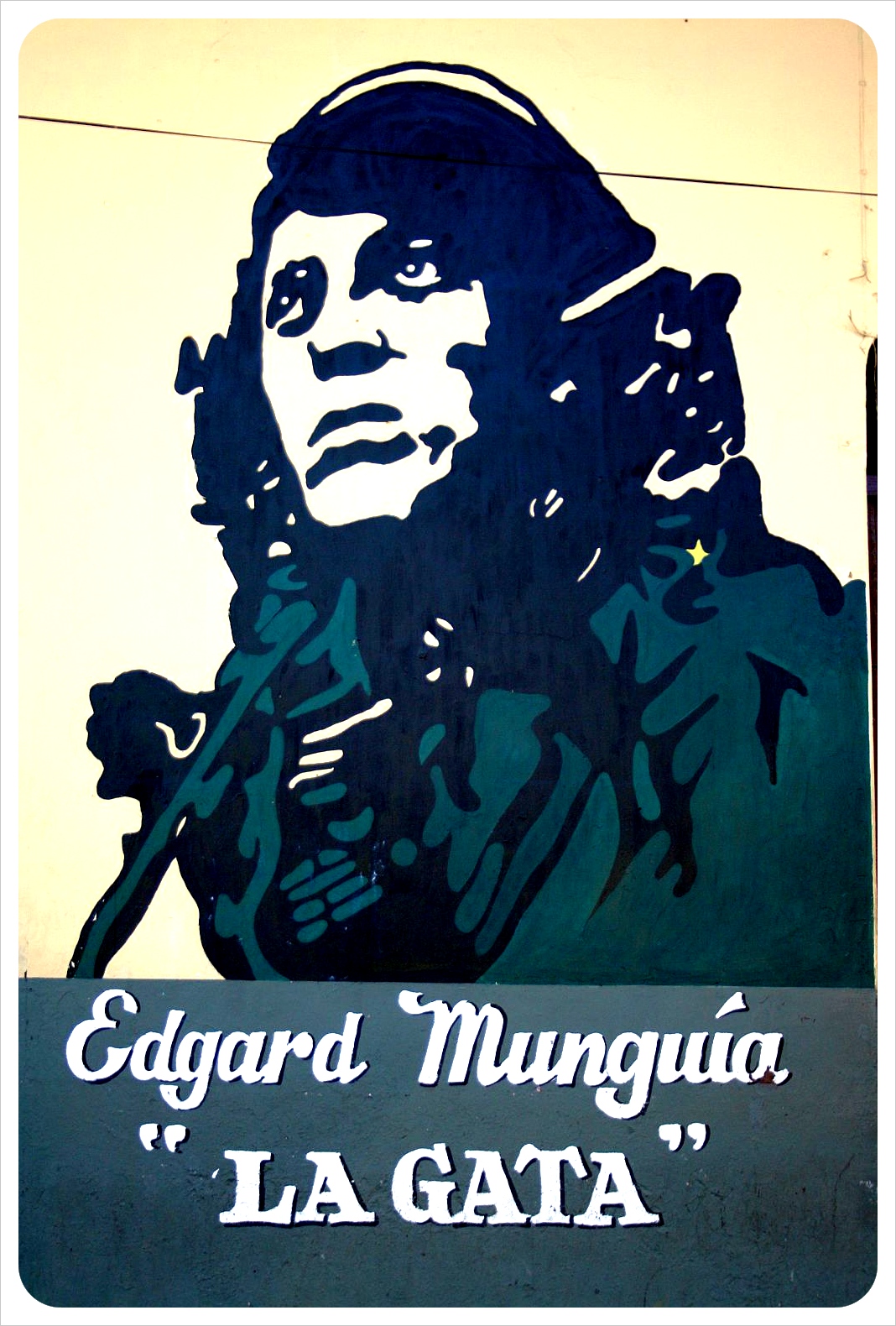
We would also often grab a coffee and chocolate croissant at Pan y Paz, and spend the morning reading the national newspaper – which still prints a poetry section nearly every day. Poetry plays a large role in the country’s identity, and the nation’s greatest poet, Ruben Dario, called Leon home. His house has been converted into a significant museum.
In fact, this idealistic, intellectual city is teeming with museums, and while they can not content with the Louvre, Smithsonian or El Prado, the stories each one tells are clearly intended to educate the public rather than just to rake in the tourist dollars. This is how Leon feels in general – the city runs for its people, not for the tourists.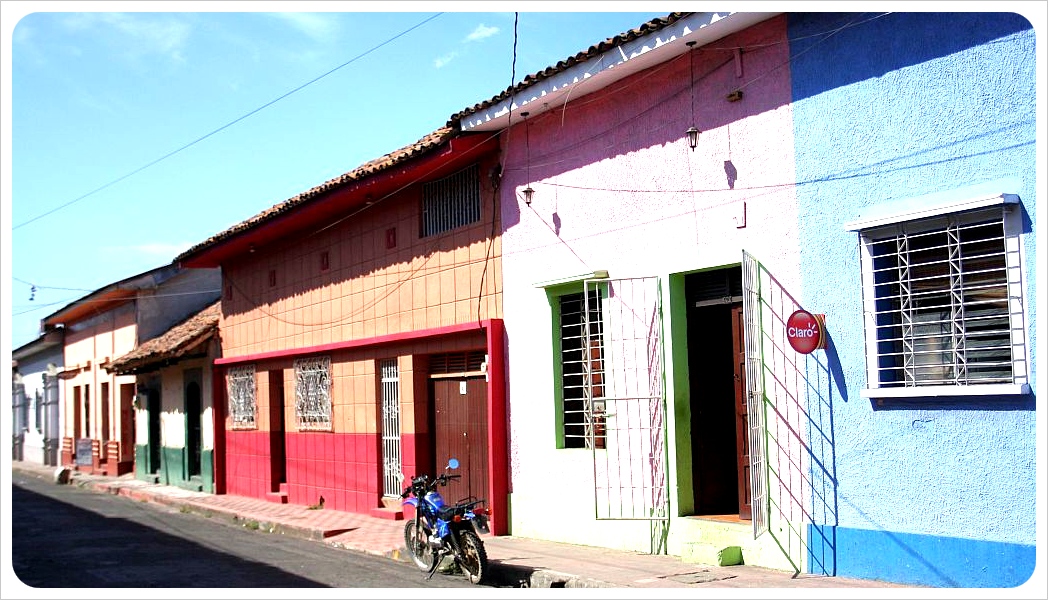
This is a stark contrast to Granada, Nicaragua’s supposed tourism star and showcase city. Granada has fallen into the same trap as several Central American spots which cater so intensely to tourists that they erase the genuine colonial culture that made the city worth preserving and showcasing in the first place.
Granada’s city center is populated by the only people who can afford the rent – the very temporary hotel residents from the US and Europe. Tourists fill the restaurants, not locals, and beggars arrive in droves each afternoon to pick up any scraps of coins or food the people will give. They live just beyond the city’s fresh coat of paint, with unpaved roads and makeshift housing well hidden from the well-distracted tourist.
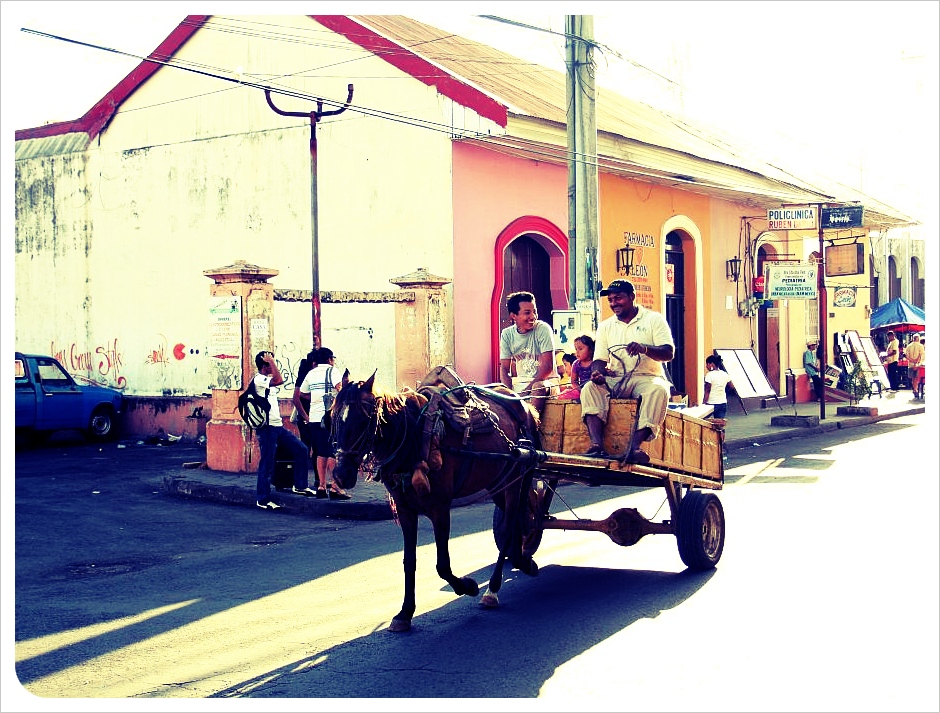
Leon is the polar opposite. People live here in homes, not houses. You can eat happily in restaurants without street vendors and beggars looking for donations. The city encompasses the passion, politics and poetry which drive the heartbeat of the nation. As a visitor you are not ‘catered to’. Whether you visit for a day, a week or longer, you must take the city as it is – water rationing, hot weather and all.
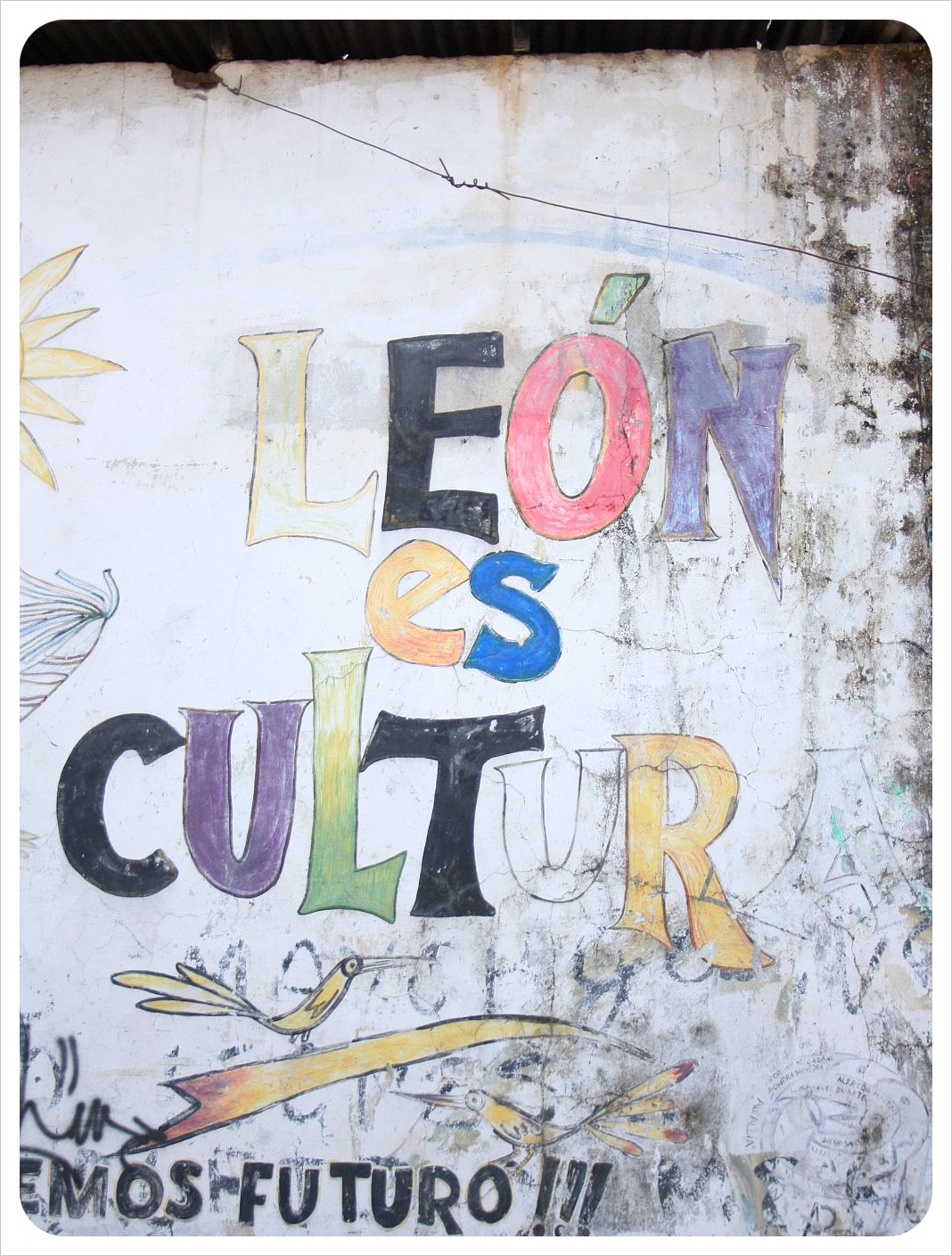 That is not to say that there is nothing for tourists to do in Leon. There are plenty of tourist activities – and original ones at that: the volcano boarding, cooking at an indigenous family’s house, even attending a cock fight, if that’s your thing. Stalls on the main plaza sell tourist trinkets and there are hopping hostels like ViaVia and Bigfoot in addition to a few finer hotels throughout town. Leon is the perfect place to hang back for a few days to take the city in, enjoy good food and see what it means to be Nicaraguan.
That is not to say that there is nothing for tourists to do in Leon. There are plenty of tourist activities – and original ones at that: the volcano boarding, cooking at an indigenous family’s house, even attending a cock fight, if that’s your thing. Stalls on the main plaza sell tourist trinkets and there are hopping hostels like ViaVia and Bigfoot in addition to a few finer hotels throughout town. Leon is the perfect place to hang back for a few days to take the city in, enjoy good food and see what it means to be Nicaraguan.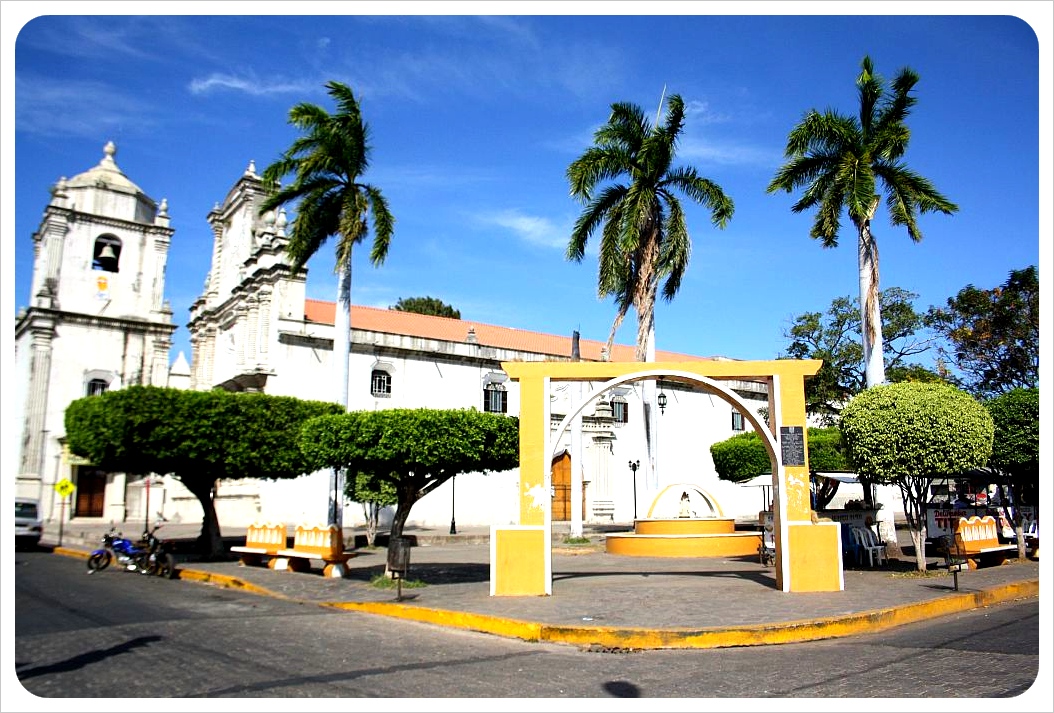
What to do in Leon Nicaragua
Enjoy the views over Leon
Had a taxi driver not told us about the roof of Leon’s cathedral, we would have never known you can climb up. The cathedral is Central America’s biggest, and $2 gets you up to the roof to see some amazing views of the city and the dynamic volcano chain surrounding it.

Take a walking tour
There are several walking tours offered in Leon, the cheapest Leon walking tour starting at US$10 for a 3-hour tour. We love taking a walking tour right at the beginning of a visit to a city we’ve never been to, since we get an overview of the city, lots of interesting commentary and background information, as well as recommendations from a local – all at once.
Shop!
Leon is absolutely fantastic for clothes shopping – so if you are in need of a few new outfits, Leon is a great place for super cheap, quality clothes. There are a ton of clothes stores throughout the town and the clothes do not only fit ‘Latin shapes’ but the sizes are suitable for other body types too.
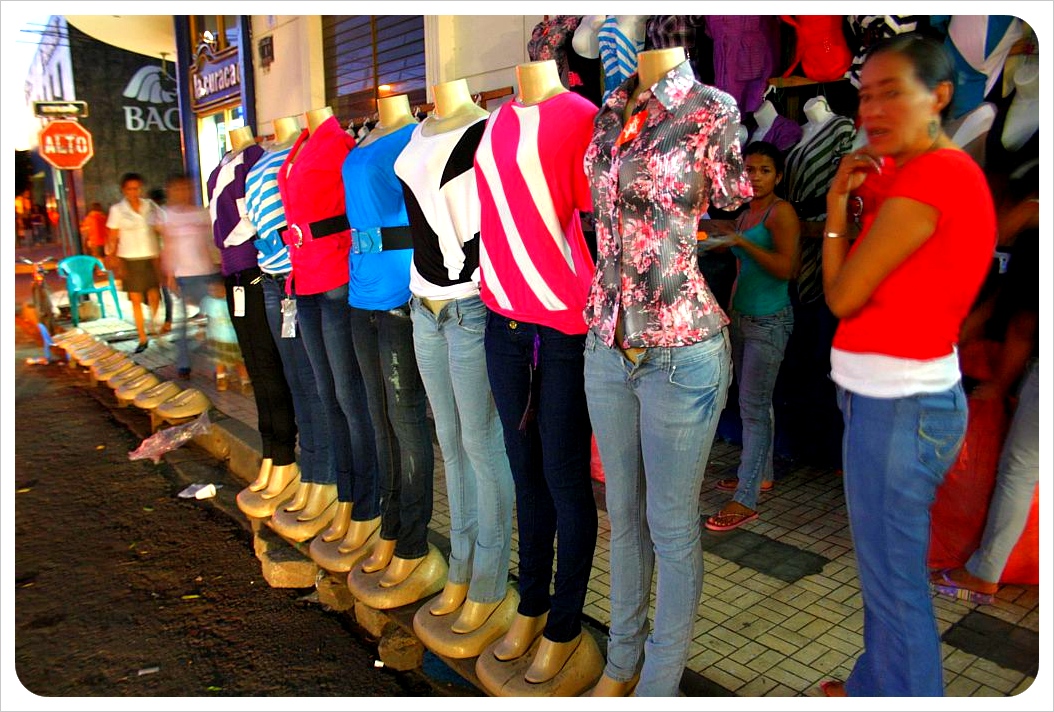
Go to the movies
Leon has a fabulous, modern movie theater right in the center of the town, within walking distance of all the hostels. The actual theatre size is not huge, but the screens are decent and movies are in English with Spanish subtitles, so you don’t necessarily need to speak Spanish. It’s hard to beat the prices: $2 for a movie on Mondays and Wednesdays, popcorn & a soft drink will cost you another $2.
Tour the churches of Leon Nicaragua
The town has more than a dozen colonial churches, most of which are beautifully restored and within walking distance of each other. Our personal favorites are La Recoleccion and El Calvario.

Visit the museums
Being a culturally aware city with many influential artists, Leon is home to various museums that are worth a visit. The ‘Museo de Leyendas y Tradiciones’, located in a former prison, displays life-size traditional folk heroes of Leon as well as depicting the cruel torture methods used here.
($1, 4a Calle SE / Avenida Central).
Art lovers should pay the Fundacion Ortiz a visit, which showcases a wide selection of Nicaraguan, Latin American and European art.
($1, Calle Ruben Dario / 3a Avenida Norte).
Anyone interested in literature should check out the house of Nicaragua’s number 1 poet Ruben Dario which has been turned into a museum and archive of his work. (Calle Ruben Dario, free entry). Another great poet’s house is just up the road – the Museo Alfonso Cortes ($1).
Discover new fruits on the market
Leon’s central market is one of the cleanest we have come across in Central America and it is fun to walk around, discover new fruit and veg, such as Zapote or Caimito, taste the popular corn drink ‘Chicha’, or dabble in rather dubious culinary delights like fresh (as in still alive) iguanas. Since the market has such a variety of fruits and vegetables, we would advise staying somewhere with a kitchen, in order to sample the market’s offerings.
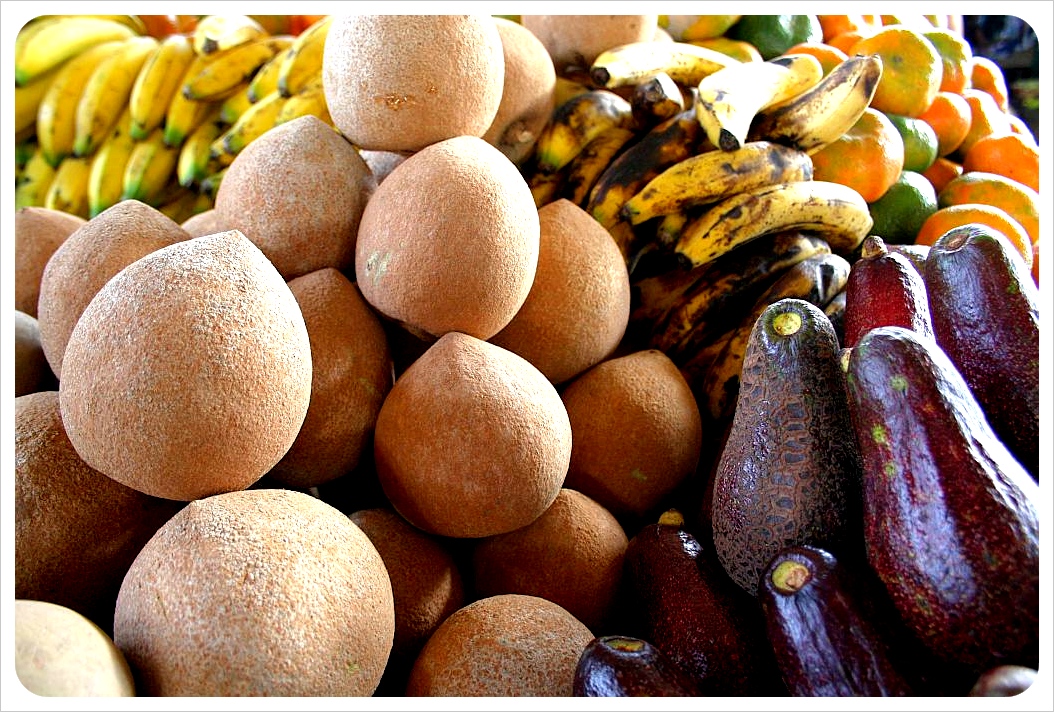
Hike volcanoes
Leon is close to a chain of 7 volcanoes, most of which can be climbed. Quetzaltrekkers and other tour operators offer volcano hikes (including overnight hikes) or volcano boarding in Leon for the more adventurous climbers.
Take a cooking class in Leon Nicaragua
Learn how to make a typical Nicaraguan dish. In our post, How to cook an Old Indian, we describe the experience of a cooking course in Leon – from going to the market where you shop the ingredients and stopping by the tortilla makers to try to make your own to and cooking with a Nicaraguan lady who welcomes you with open arms into her home. It is a truly remarkable experience.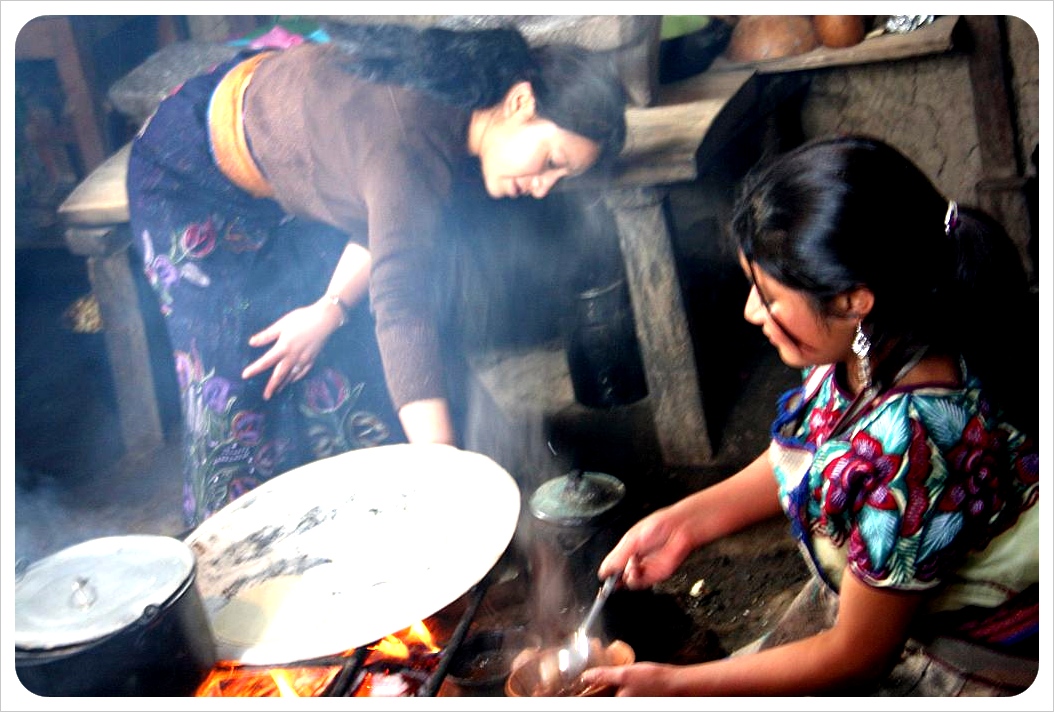
Where to eat in Leon Nicaragua
Leon has loads of international eateries and cheap Nicaraguan joints in town, and unlike in Granada, the restaurants in Leon do not add 15% sales tax to your bill.
El Desayunazo
El Desayunazo is easily our favorite breakfast place in all of Central America. A large selection of Nicaraguan and American breakfasts, bottomless coffee, friendly service (who explain Nicaraguan dishes and drinks with a smile), CNN en espanol on a flat screen and free wi-fi – what more can you ask for? The food is excellent and El Desayunazo is stuffed with locals and tourists alike, so it’s best to get there early, as they are only open til noon.
(3a Calle NE, at the corner of 2a Avenida NO)
BarBaro
BarBaro is a relatively new restaurant and bar which gets packed on the weekend thanks to a huge cocktail menu and creative drinks for $2 – $4, or beer for less. The dinners didn’t impress us as much as the cocktails, but we went back for breakfast and didn’t regret it. BarBaro also has free wi-fi.
(1a Calle SE, at the corner of 2a Avenida SO)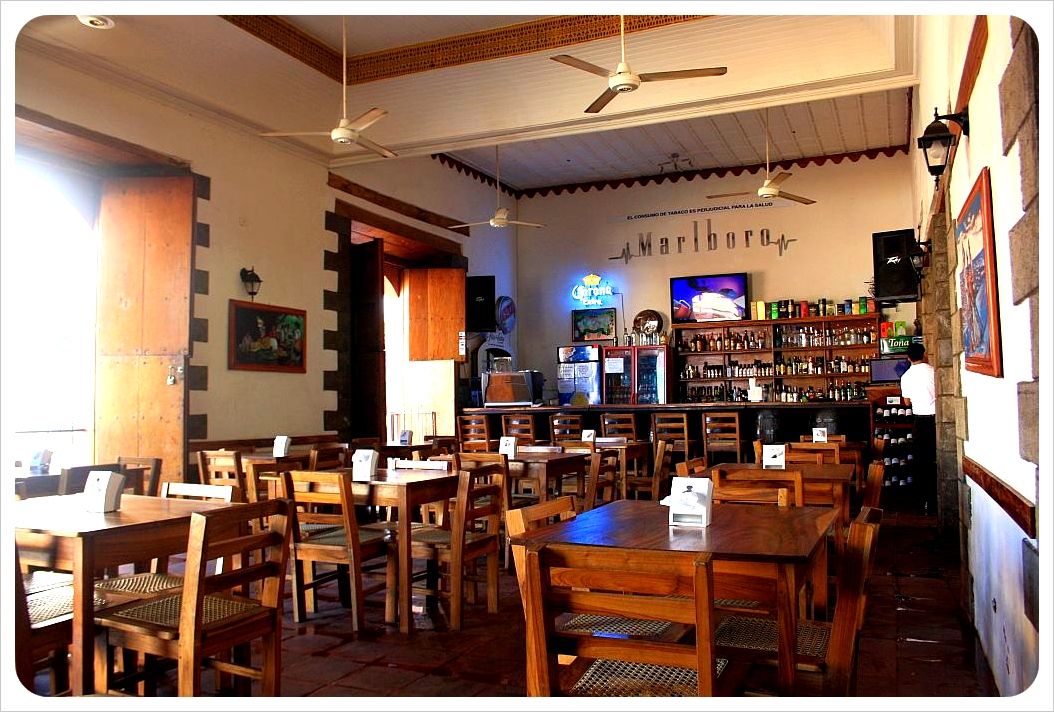
Earth Café
This little vegetarian café is connected to the Bigfoot Hostel. The menu is basic and cheap: You can choose between pasta and sandwiches, and Wednesdays is pizza night where they offer a good pizza & beer deal.
Pan Y Paz
If you fancy a Brie baguette or a chocolate croissant, head to Pan Y Paz! This little French bakery has the most affordable baguettes and French sweets we’ve seen in Central America. The organic coffee is good and there is a daily changing selection of fresh fruit juices for less than $0.70. The Brie baguette ($2.50) is perfect on whole wheat or white baguettes, while the chocolate and almond croissants for less than $1 are to die for! (1a Calle NE, at the corner of 3a Avenide SE)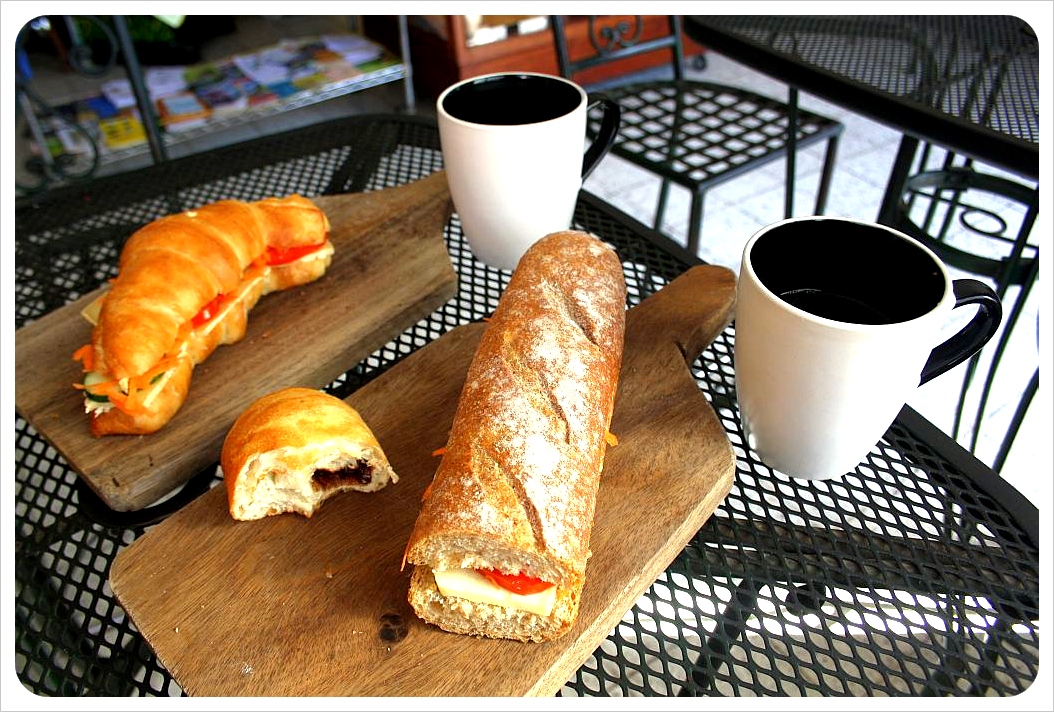
Where to stay in Leon Nicaragua
Hostels in Leon
There are quite a few cheap hostels in Leon, but the quality varies. Here is a list of the ten best hostels in Leon Nicaragua. Make sure to read recent reviews before booking a hostel. I also recommend booking your hostel in advance, or you’ll be left with the less desirable ones – the good ones tend to fill up.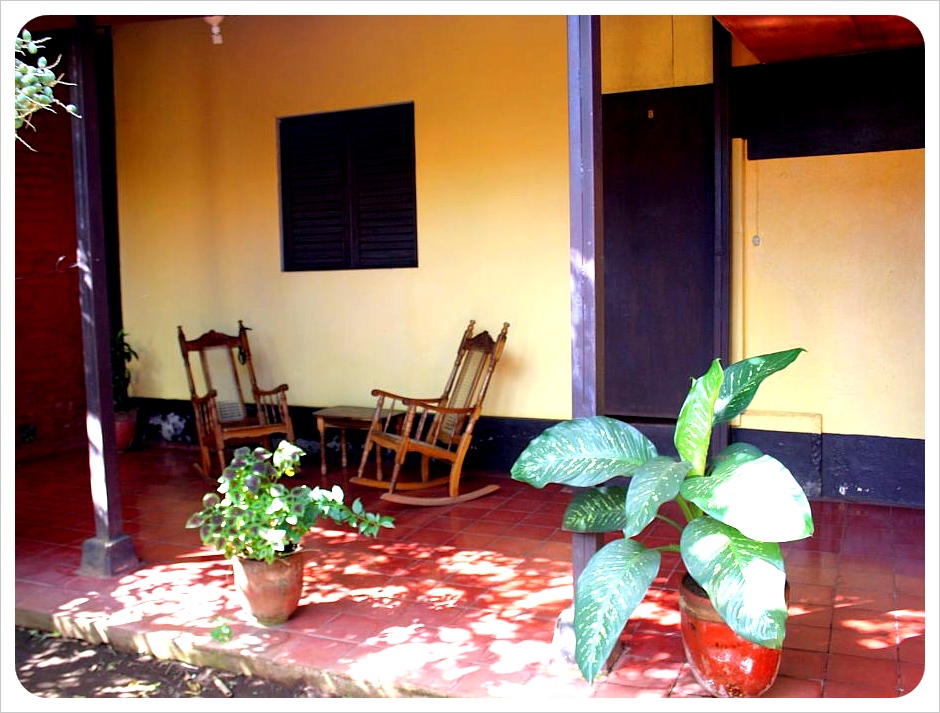
ViaVia
The ViaVia hostel has a busy restaurant and bar in the front, which means it can get loud in the rooms in the front, however, most of the rooms are set around a second colonial backyard in the back, far away from the noises of the bar. (2 blocks East and then 2 blocks North from Parque Central, opposite BigFoot hostel; dorms US$6, double rooms $15)
Volcano Hostel
Volcano Hostel has a beautiful swimming pool in the courtyard, which is something you’ll appreciate in this scorching hot town. For an extra charge, you can also get AC in the rooms! Dorms start at US$6, double rooms at around US$20 and family rooms are available, too.
Hostal Lazybones
Hostal Lazybones is another hostel with a swimming pool, and while the hostel rooms are basic, the common areas are awesome: there’s a pool table, rocking chairs to relax in, and lovely views over Leon from the second floor. Dorm rooms from US$9; double rooms from $21, deluxe rooms with private bathroom $29
Bigfoot Hostel
Across the street from Via Via is Bigfoot, Leon’s ultimate party hostel, with an always busy bar. The dorms are not as nice as in ViaVia, but it has a basic kitchen, is close to the big ‘La Union’ supermarket, and also has a great courtyard with hammocks. There’s also a pool, but it wasn’t in use at the time we were there. (2 blocks East and then 2 blocks North from Parque Central, opposite ViaVia hostel; dorms US$6, double rooms $15)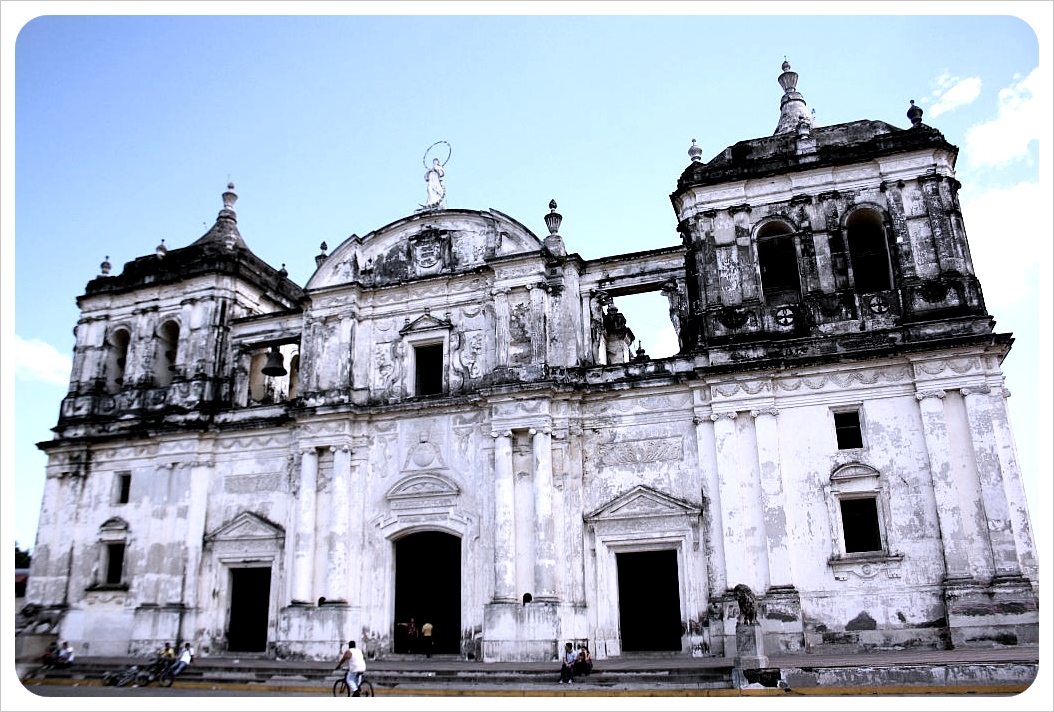
Budget hotels in Leon
If you don’t want to stay in a hostel, I’ve got good news for you: There are several inexpensive small hotels and guesthouses in Leon Nicaragua. These five stand out:
- Hotel Mariposa – very nice boutique hotel on the outskirts of town. Spacious bungalows. Plus: A lovely swimming pool! Double room per night: around US$50, breakfast included
- Casa Lula – Beautifully restored Spanish-colonial building with a gorgeous courtyard (hammocks!). Shared kitchen available. Double rooms with shared bathroom US$20; rooms with private bathroom US$30
- Casa De Los Berrios – Basic rooms, the guesthouse is located in a lovely Spanish-colonial building with a courtyard, rocking chairs included. Double rooms start at US$20.
- Hotel Cacique Adiact – Worth a splurge for the swimming pool alone! Centrally located, breakfast included. Double rooms are around US$56.
- El Callejon Guesthouse – simple guesthouse right in the center of Leon. There’s a shared kitchen. Double rooms start at US$20
Have you been to Leon Nicaragua? What are your suggestions for what to see and do in Leon? Have you ever fallen in love with a city that others might not consider a gem? We’d love to hear your stories and suggestions!
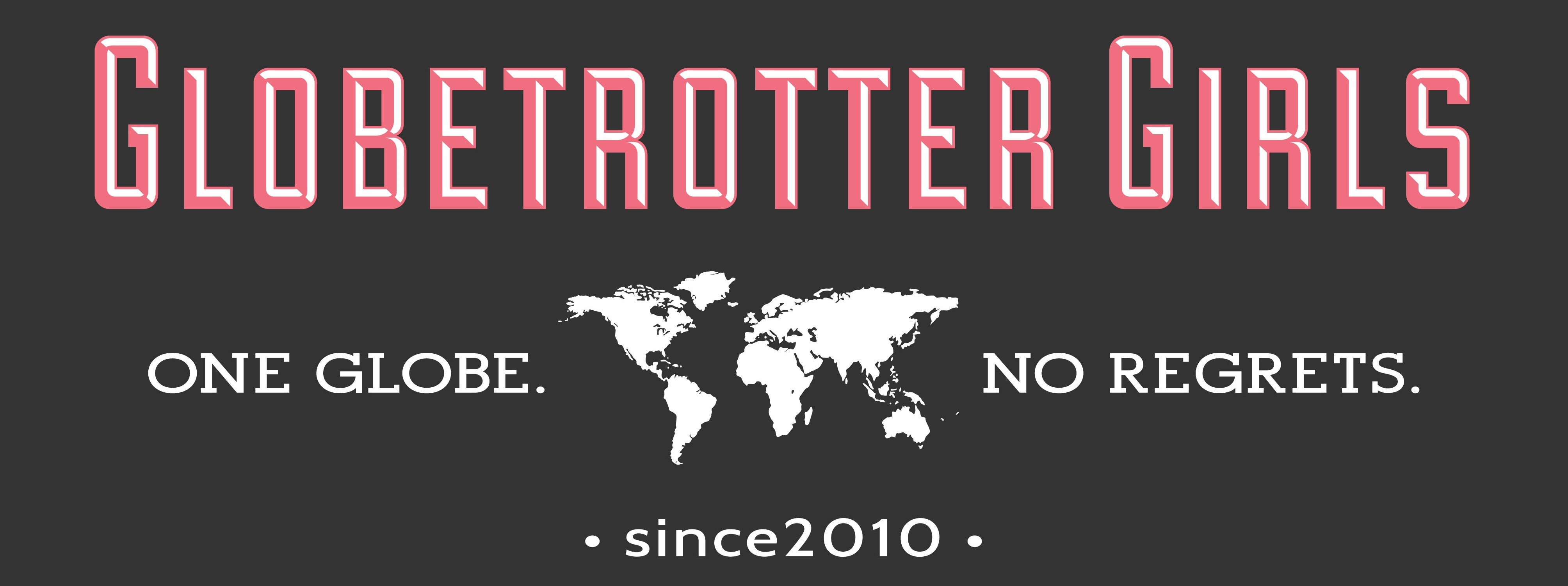
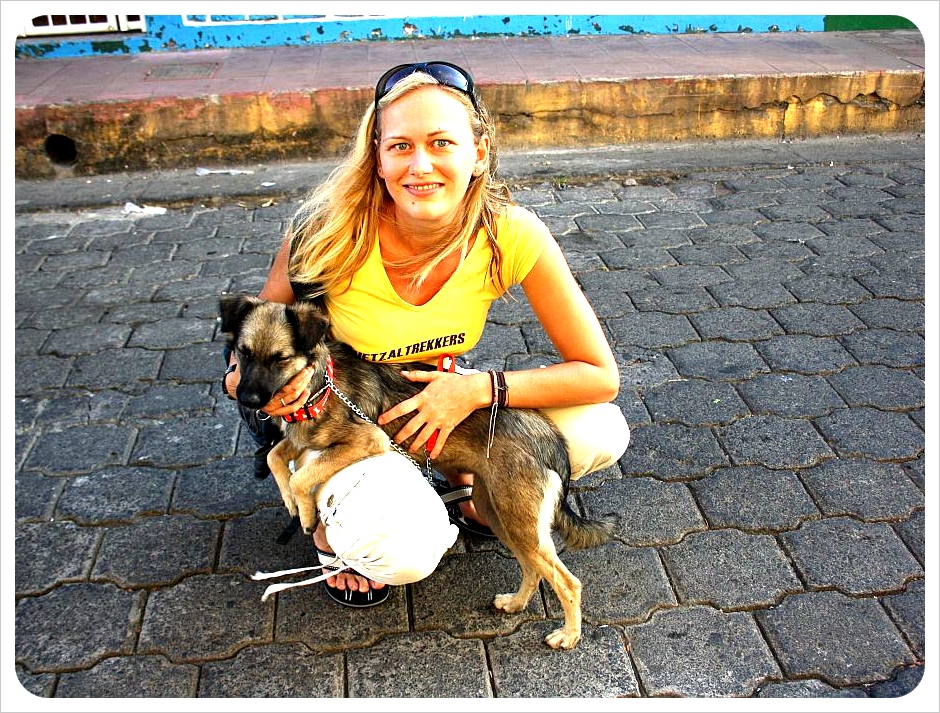
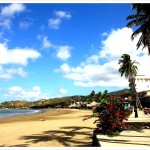

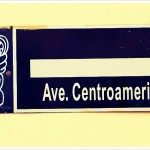
Polly Keary
Wednesday 31st of August 2016
Sitting in Hotel Flor De Sarta as I write, a couple blocks off the central square. I've been coming to Leon annually for 9 years now. This is my 11th trip! I stay usually with a friend who lives here. If you can find an expat who lives here, you are golden. You can find rentals, you can get wifi installed if it isn't already there: my friend pays about $500 a month for a BIG house in Guadalupe, which is a short walk from the center, and his wifi is pretty good. Got good internet when he lived in Subtiava, too. I'll add to your excellent recommendations Cafe Libélula. Their cappuccino Libelula is amazing. It is right next to the incredible art museum you mentioned, which I love and visit often. The power is out in most of the central part of the city this morning because a big storm last night that knocked a power pole down. This can be a frustrating city if you depend on internet for a living, but I depend on internet for a living and I'm still living. The trick is to work hard when you can. The most important thing to do is head to the center at night, go around back of the cathedral, and get carne asada at the street stands. THAT, friends, is good food. For the most part, restaurant food isn't my favorite part of coming here, but the street food most certainly is. And the fruit is incredible. Even bananas are unusually excellent here. I like the beaches here. Unless it's holy week, they are usually pretty empty compared to anything comparably beautiful in the states. The surf is pretty big, but there are some protected estuaries that are nice to swim in (so long as you stay away from the mouth of them when the tide is going out, which can drag you out). There are a lot of restaurants and bars, none that are all Cabo style tourist spots. This reminds me a lot of Baja California 25 years ago, actually. It's a beach for locals, more than international tourists. Eat at Barca de Oro in Poneloya. I can't overstate how gorgeous the beaches are. There's some rocks out there that maybe make people say they aren't nice? Or maybe the surf is too strong? Or not enough palm trees? Whatever. The beaches are wide, sandy, and endless, and the water goes straight on to Japan from here. It's too awesome to last, the way it is. In 10 years, I expect it will get infiltrated more and more by extranjeros and get more commercial. International tourism doesn't exist here, really. Mostly it's dreadlocked kids from Europe, pale flocks of missionary girls in cut off shorts, and a few intrepid expats clustered around the cathedral. Walk through Subtiava as a white person and turn around quickly once. You'll see a lot of people suddenly look away. Anglos are rare enough outside the city center to be a curiosity. It's perhaps the thing I like the most, which you articulated really well. It's authentic to itself, still. It's a true place. It hasn't been veneered with a glossier simulacrum of its original self like Granada has, and like so many places in the world have, to the extent that you can't tell what is legitimate and what is imitative. Leon is legit.
Dani
Monday 5th of September 2016
Thank you so much for your comment, Polly! It put a huge smile on my face. It sounds like Leon hasn't changed much since my last visit (at least not yet), and yes: authentic is the best word to describe Leon. I can't wait to return!
Meridith
Saturday 27th of February 2016
We just returned from Leon. Loved it! One question: we bought some cocoa powder at the market but when I got it home and tried to make hot cocoa, it thickened and got lumpy so it has corn starch in it. Does anyone know how to properly use the cocoa? Maybe it's only for cold cocoa?
Dani
Sunday 6th of March 2016
Hi Meridith, glad to hear you loved Leon, too! Such a great little city :) Sadly I can't answer your question about the cocoa, but I hope you were able to figure it out.
Janet Devins
Friday 15th of January 2016
I am trying to decide between going to Nicaragua or Panama ... Have you been? Would May be a bad time to visit?
Michael
Monday 24th of August 2015
This will be my first visit to the country so I look forward to checking out some of these places!
Brenna Parker
Sunday 28th of June 2015
Amazing post! I lived in Leon with a family for 2 months when I was 15. I'm now 19 and I'm back in Sutiava with the same family for two months again. Everything you said about Leon is true and I think the most important part for me is what we could stand to learn from the people of Leon; family is more important than wealth, and nothing is worth too much stress. When I stay here I help out in the school where the mother I live with is the director. I did not get around to seeing some of the things you have mentioned here and now I most definitely will. Thank you for this post, you said everything I have always thought about this beautiful place and so very eloquently and accurately.